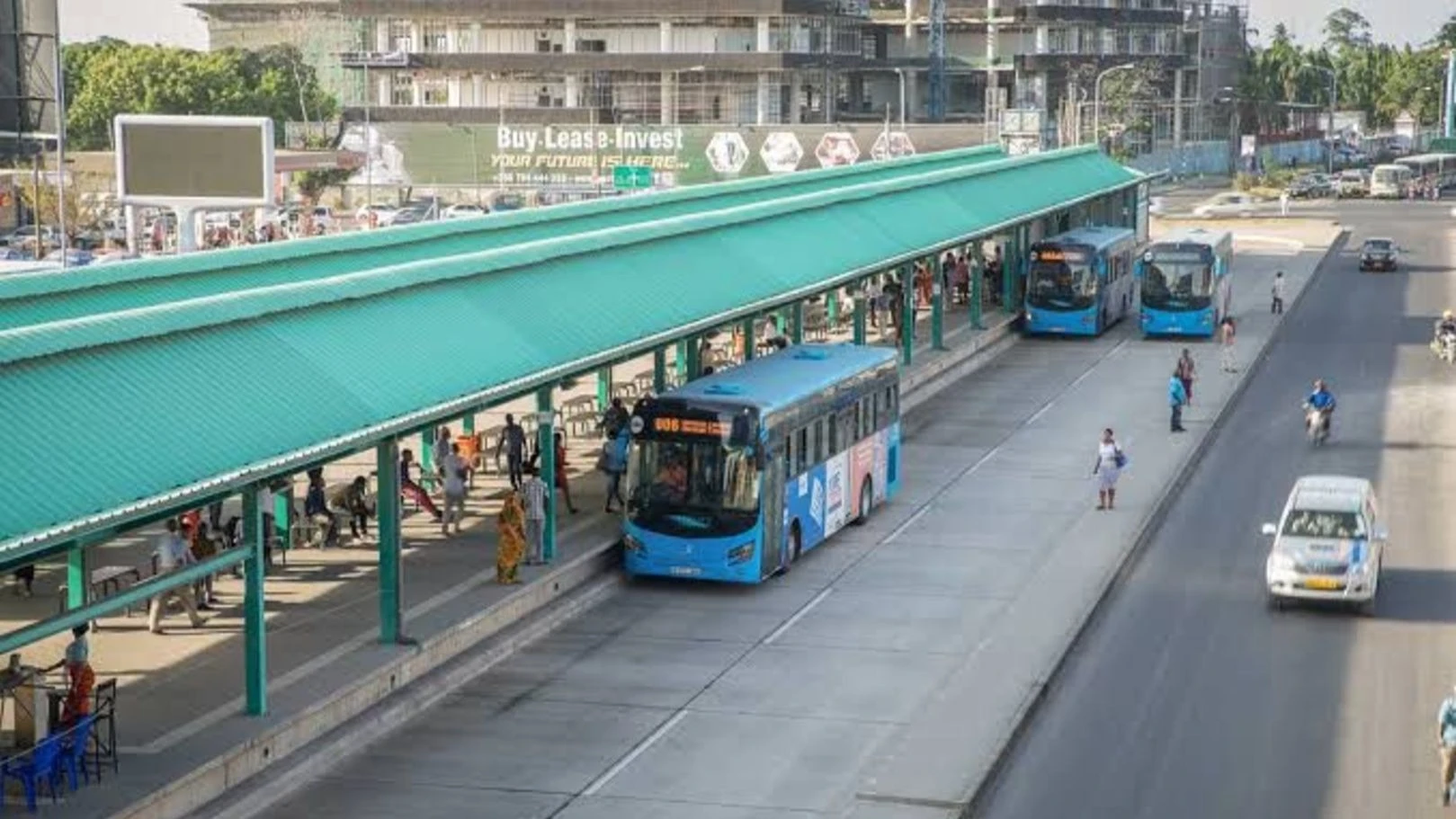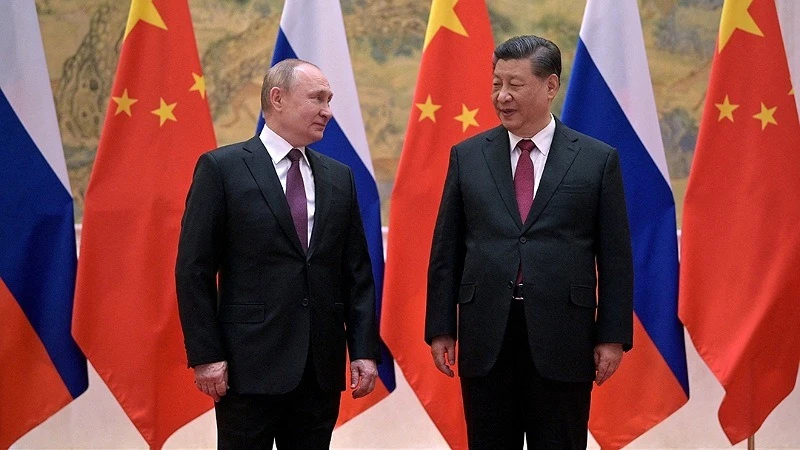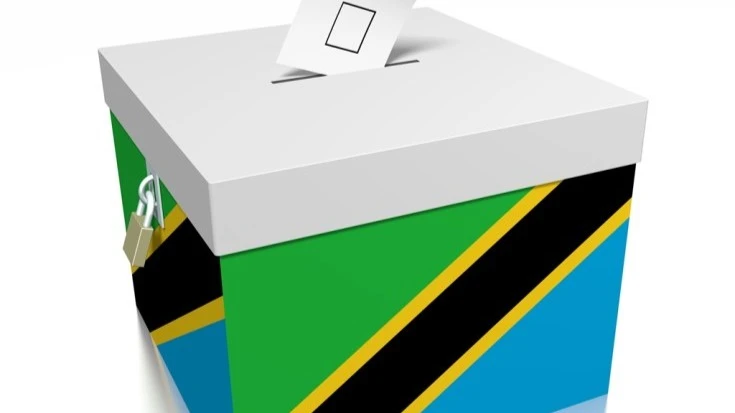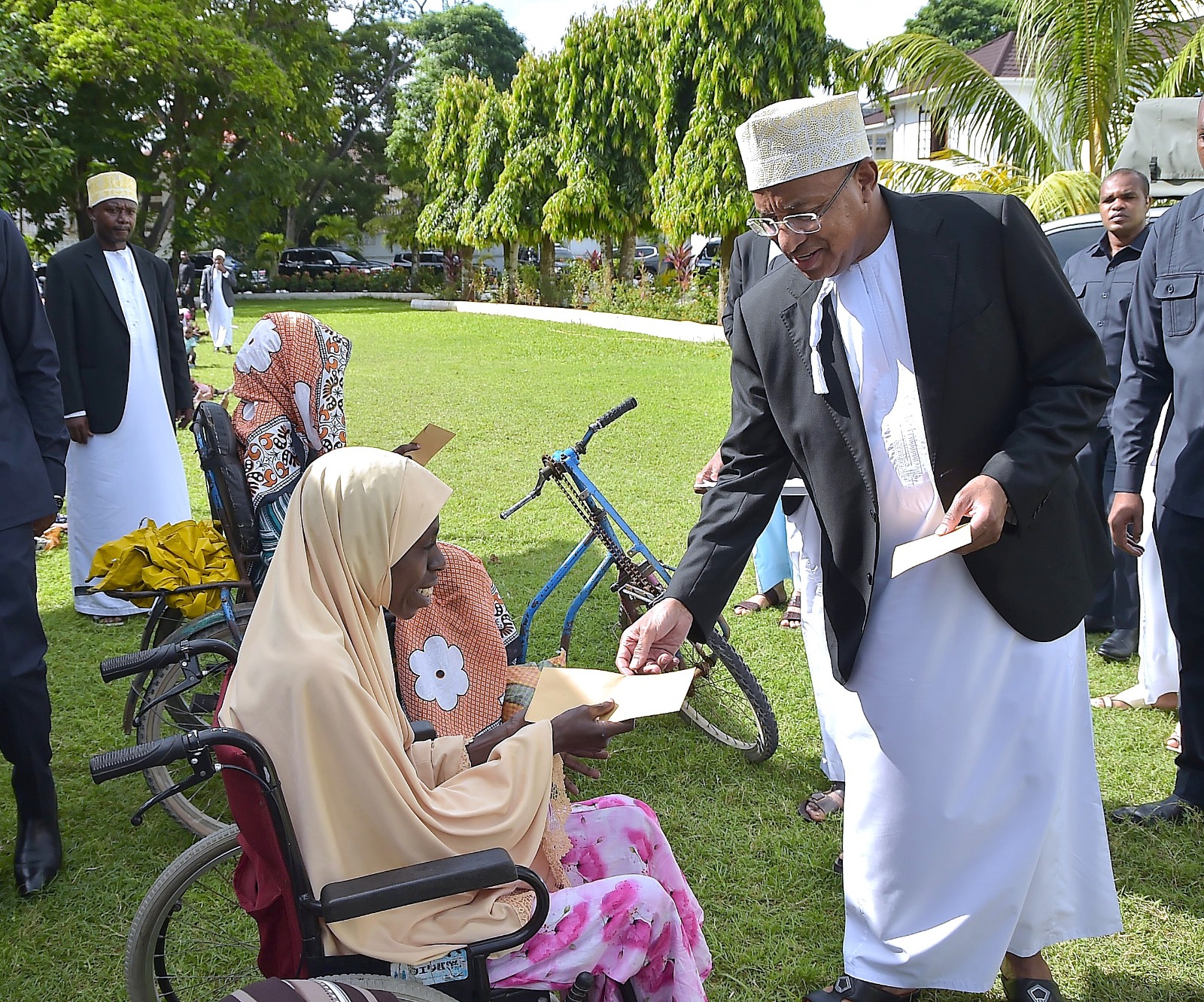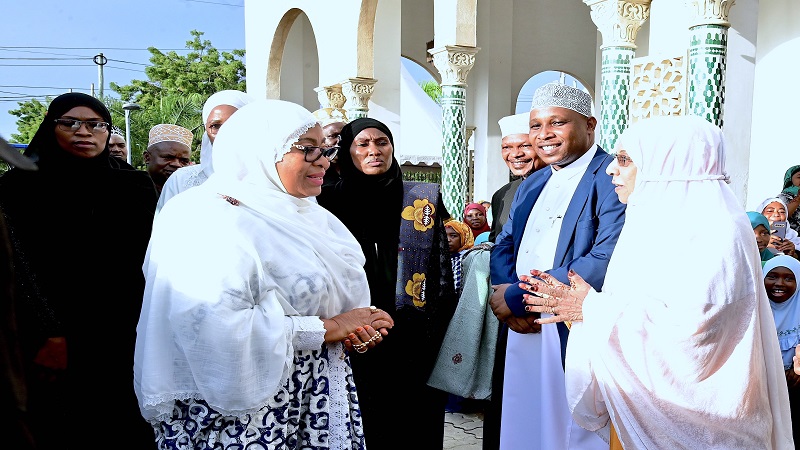TGNP empowers duty bearers on gender-sensitive governance
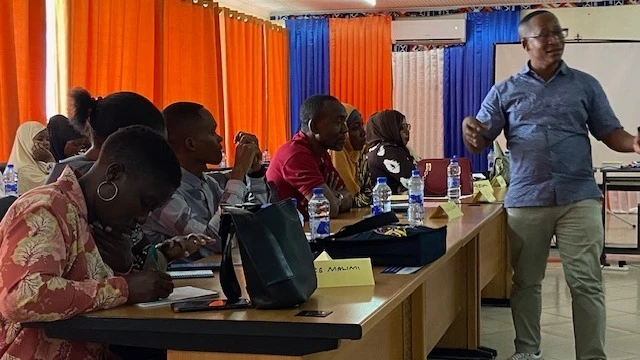
DESPITE notable progress in promoting gender equality in Tanzania, significant gaps remain in achieving equitable representation and leadership opportunities for women. Structural barriers, cultural norms, and a lack of gender-sensitive governance practices continue to hinder progress.
Recognizing these challenges, the Tanzania Gender Networking Programme (TGNP), a leading advocate for gender equality and social justice, has been actively working to dismantle systemic barriers that limit opportunities for women and marginalized groups.
In its on-going efforts, TGNP, with support from the COADY Institute, recently conducted a two-day capacity-building training in Dar es Salaam.
The training targeted duty bearers, including local government officials, community leaders, and representatives of national governance structures, equipping them with essential skills in gender sensitivity, inclusive governance, and strategies for promoting women's leadership.
Empowering leaders for inclusive governance
Jackline Mwanyika, the coordinator of the training, emphasized the importance of equipping duty bearers with the necessary knowledge and skills to foster change at all levels of governance.
"Duty bearers play a pivotal role in addressing gender-related challenges. Providing them with capacity-building sessions ensures they can implement policies that promote inclusivity and equity," she said.
The training brought together approximately 60 participants from Dar es Salaam and Shinyanga regions, including Ward Executive Officers and Community Development Officers. Mwanyika highlighted that the sessions align with TGNP’s vision of a gender-equitable society and help duty bearers drive transformative change.
According to facilitator Deogratius Temba, the primary goal of the training was to enhance the capacity of duty bearers to implement gender-sensitive governance practices and promote women's leadership in decision-making processes.
The specific objectives of the capacity building included to increase awareness of gender equality principles and their application in governance, equipping participants with tools to identify gender biases and implement gender-responsive policies, enhancing leadership skills to promote women's representation in governance and encouraging community participation in decision-making processes, such as budgeting meetings and the Obstacles and Opportunities in Development (O&OD) approach.
It also aimed at fostering inclusive governance by engaging marginalized and underrepresented groups and building confidence and leadership skills among women to enable them to take on decision-making roles effectively.
Temba noted that fostering gender-sensitive governance and promoting women's leadership would significantly contribute to building inclusive and equitable governance structures in Tanzania.
Challenging cultural norms
TGNP’s approach goes beyond policy implementation by addressing cultural norms that hinder women's participation in leadership. Through a transformative feminist (TF) lens, the organization raises awareness and advocates for issues such as gender-based violence, economic marginalization, and unequal representation in governance.
Interactive training sessions encouraged participants to identify and address gender biases within governance systems, engage marginalized voices in decision-making, and implement policies that advance gender equality.
"This initiative aligns with TGNP’s commitment to fostering a society where governance structures are reflective of and responsive to the diverse needs of all citizens," Temba added.
TGNP’s Board Chairperson, Gema Akilimali, urged participants to take collective responsibility in ensuring national development plans are achieved and public resources are utilized effectively. She also encouraged young women to pursue leadership positions in the upcoming national elections.
Several participants shared their experiences and insights gained from the training whereas Sophia Kisuka, Mabibo Ward Executive Officer (WEO) said: “This training has been an eye-opener. I can now identify gender biases that I wasn’t aware of before. I feel equipped to implement gender-responsive policies and promote inclusive decision-making.”
Christina Makumba, Community Development Officer, Saranga Ward, Ubungo District: “The training was incredibly resourceful. It deepened my understanding of gender issues and the need for shared responsibilities between men and women, starting at the family level.”
Eunice Malimi, Veterinary Officer, Zingiziwa Ward, Ilala District: “This training has strengthened my understanding of gender equality, and I am committed to taking practical actions to promote inclusivity in my work.”
TGNP continues to strengthen the capacity of government officials, budget officers, and police gender and children desks, ensuring they have the necessary analytical skills to advance gender equality. However, these efforts must be complemented by targeted capacity-building initiatives to sustain and institutionalize change across all levels of governance.
Despite the presence of legal frameworks aimed at fostering gender equality in Tanzania, a significant gap remains between policy formulation and implementation. This often results from insufficient knowledge, skills, and motivation among governance officials. Addressing this challenge requires empowering duty bearers with practical tools and insights to drive meaningful change.
By creating safe spaces for dialogue and knowledge sharing, TGNP is fostering a shift in attitudes and practices among duty bearers, encouraging them to become champions of gender equality within their communities. The emphasis on accountability and transparency ensures that gender-responsive policies are not only adopted but effectively implemented for lasting impact.
This initiative represents a crucial step toward transforming governance structures in Tanzania into inclusive and equitable systems that empower all citizens—especially women and marginalized groups.
Top Headlines
© 2025 IPPMEDIA.COM. ALL RIGHTS RESERVED













